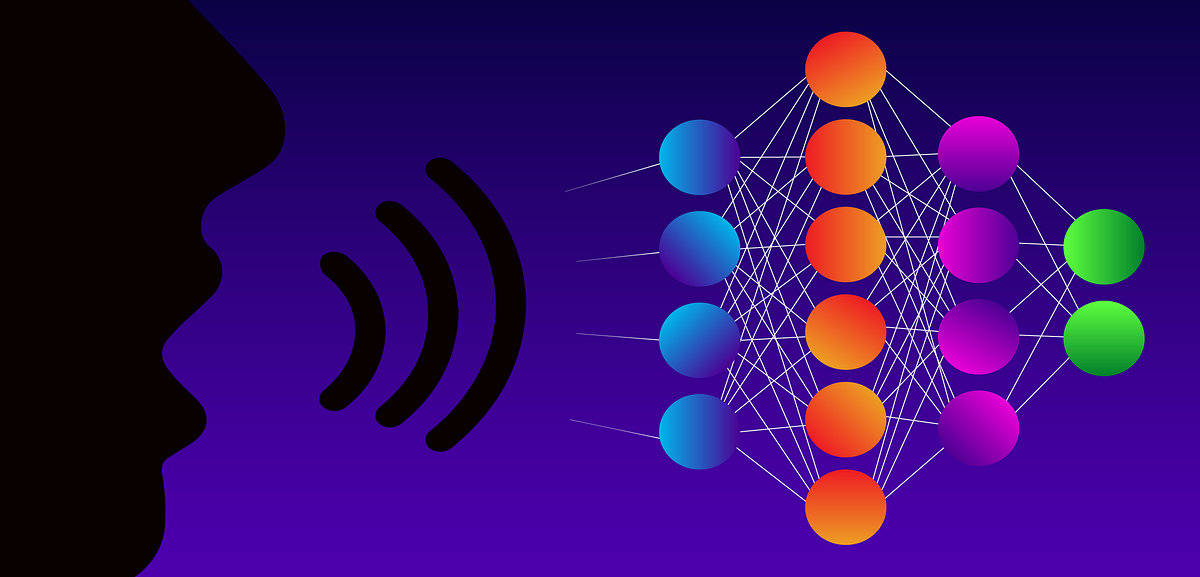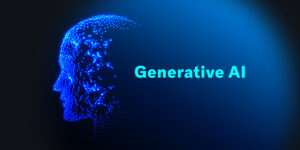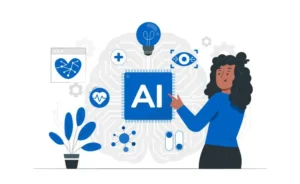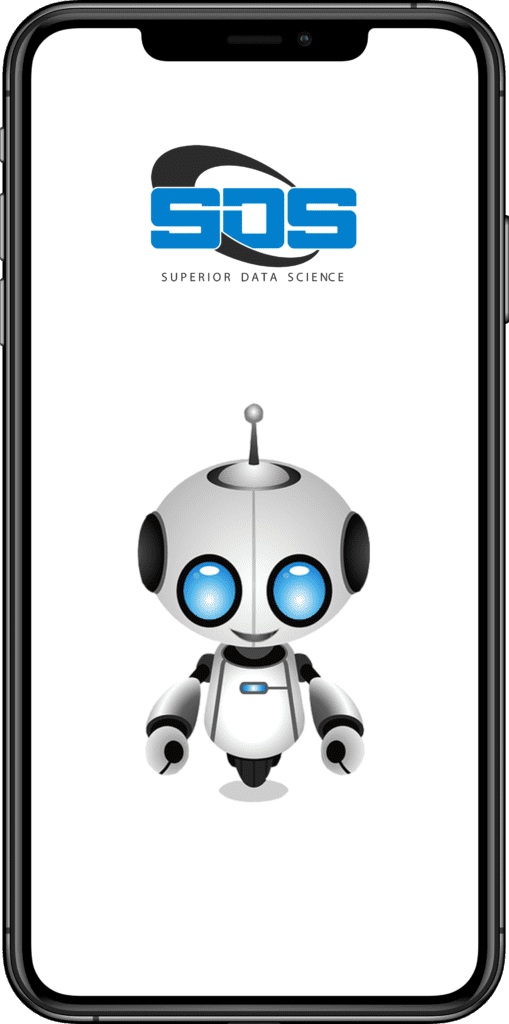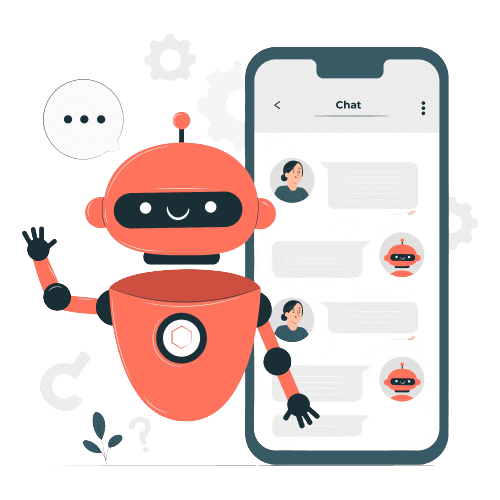Natural Language Processing (NLP) is a captivating field that combines machine learning and linguistics. NLP enables computers to understand, interpret, and generate human language accurately. It plays a crucial role in enhancing artificial intelligence systems by bridging the gap between computers and human communication. NLP utilizes algorithms and models to process and analyze human language data effectively. Through NLP, computers can comprehend context, extract meaning, and generate responses that mimic human language.
Understanding the Importance of NLP in Machine Learning
Natural Language Processing (NLP) empowers machines to comprehend and interact with human language effectively. By leveraging NLP, machines can unlock the full potential of machine learning algorithms. NLP enables machines to understand individual words and grasp their semantic meaning, sentiment, and intent. It plays a pivotal role in various applications, including text analysis, sentiment analysis, language translation, and chatbot development. Through NLP, machines can bridge the gap between human language and computational systems, revolutionizing the way we interact with technology.
Exploring the Essential Elements of NLP in Machine Learning
To comprehend the intricacies of NLP, it is essential to explore its key components. These components include:
- Text Tokenization: Textual data is broken down into smaller units called tokens, such as words or characters, to facilitate further analysis and processing.
- Part-of-Speech Tagging: This process involves assigning grammatical tags to words based on their syntactic role in a sentence, such as nouns, verbs, adjectives, or adverbs.
- Named Entity Recognition: NER algorithms identify and classify named entities within text, such as names of people, organizations, locations, or dates.
- Sentiment Analysis: Sentiment analysis algorithms determine the emotional tone expressed in a piece of text, enabling machines to discern whether the sentiment is positive, negative, or neutral.
- Language Generation: NLP allows machines to generate human-like text, such as chatbot responses or automated content creation, by applying sophisticated language models like recurrent neural networks or transformers.
Practical Implementations of NLP in Machine Learning across Various Domains
The impact of NLP extends across numerous domains, revolutionizing the way we interact with technology and transforming various industries. Let’s explore some of the compelling applications of NLP:
- Chatbots and Virtual Assistants: NLP powers intelligent chatbots and virtual assistants, enabling them to understand and respond to user queries naturally. These conversational agents enhance customer support, streamline information retrieval, and facilitate automated interactions.
- Machine Translation: NLP algorithms facilitate accurate translation between different languages, breaking down language barriers and fostering global communication and understanding.
- Information Extraction: By leveraging NLP techniques, machines can extract valuable insights from large volumes of unstructured data, such as news articles, social media posts, or customer reviews. This enables businesses to gain actionable intelligence and make data-driven decisions.
- Text Summarization: NLP algorithms enable machines to condense lengthy documents or articles into concise summaries, allowing users to grasp the key points quickly and efficiently.
- Sentiment Analysis and Social Media Monitoring: NLP can analyze social media posts, reviews, or comments to gauge public sentiment towards products, services, or brands. This information empowers businesses to monitor their online reputation and make informed marketing strategies.
The Future of NLP
As technology advances rapidly, NLP promises a bright future with continuous innovation. Researchers and developers constantly push NLP’s limits, improving its capabilities and overcoming limitations. Deep learning and neural networks revolutionize NLP models, achieving remarkable accuracy and advanced language understanding. The evolving landscape of NLP opens doors to new possibilities and applications across various industries. With ongoing advancements, NLP is poised to shape the way we interact with language and drive further breakthroughs in AI.
Conclusion
In conclusion, NLP revolutionizes machine learning by enabling machines to understand and generate human language. Its applications are widespread, impacting industries like customer service, data analysis, and more. By leveraging NLP, businesses gain valuable insights, automate processes, and enhance user experiences. NLP transforms machine interaction and drives innovation in tandem with technological advancements. Harnessing the power of NLP unlocks new possibilities and propels the future of intelligent systems.
